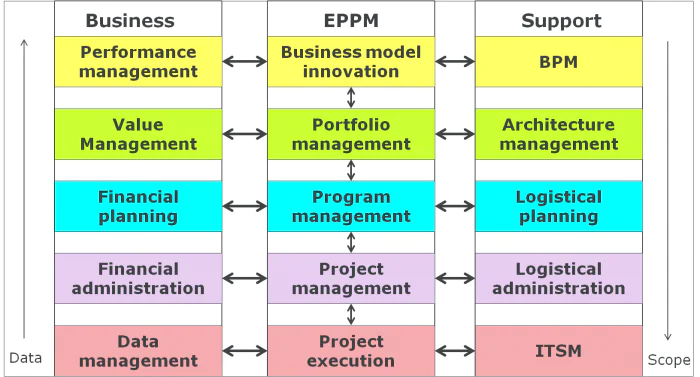Portfolio Management: an overview

Portfolio management is the science of making decisions about investment mix and policy, matching investments to objectives, asset allocation for individuals and institutions, and balancing risk against performance.
A portfolio manager is a professional who makes investment decisions on behalf of clients.
Portfolio management services are the process and/or services used by professional portfolio managers to make investment decisions on behalf of clients.
The terms portfolio management and investment management are often used interchangeably, but there are subtle differences. Investment management is a broader term that includes all aspects of managing money, including portfolio management, research, banking, and insurance.
Portfolio management is a narrower term that refers specifically to the investment decision-making process. Asset allocation is the process of allocating funds among different asset classes, such as stocks, bonds, and cash. The goal of asset allocation is to diversify investments and manage risk.
The goal of diversification is to improve the risk-return trade-off
Diversification is a risk management technique that involves investing in a variety of asset classes to minimize the variability of returns. Portfolio managers use a variety of tools and techniques to make investment decisions and manage portfolios. These tools and techniques include fundamental analysis, technical analysis, and quantitative analysis.
Portfolio managers also use financial models to forecasts returns, quantify risks, and make investment decisions.
Portfolio management is a dynamic process
Portfolios are constantly evolving as asset prices change and market conditions fluctuate.
Portfolio managers must be able to adapt to changing conditions and make decisions quickly.
The portfolio management process involves four key steps:
1. Define objectives
2. Develop investment policy
3. Select investments
4. Monitor and rebalance
Are Portfolio Services Worth it?
The benefits of portfolio management can be summarized as follows:
1. Diversification
The main benefit of portfolio management is diversification. By investing in a mix of asset classes and individual investments, you can spread your risk and potentially increase your returns.
2. Risk management
Risk management is another key benefit of portfolio management. By regularly monitoring your portfolio and making adjustments as needed, you can help to manage your overall risk exposure.
3. Tax efficiency
Another benefit of portfolio management is tax efficiency. By carefully selecting your investments and managing your portfolio, you can minimize your tax liability and maximize your after-tax returns.
4. Cost efficiency
Cost efficiency is another important benefit of portfolio management. By working with a qualified and experienced portfolio manager, you can minimize your investment costs and fees, which can add up over time.
5. Professional expertise
A final benefit of portfolio management is professional expertise. A good portfolio manager can provide you with valuable insights and help you make informed investment decisions.
What is the average portfolio management fee?
As a matter of thumb, the typical charge for a financial counselor is one percent of the total investment. Specifically, a 2019 report by RIA in a Box found that the average fee charged by financial adviser firms was 1.17% of AUM, up from 0.95% in 2018. Investment management costs for a $1 million account, for instance, would be about $11,700 per year, with payments being made quarterly. Costs associated with investments may be affected by a wide range of different variables and circumstances.
Management of investments entails expert evaluation and administration of property. Stocks, bonds, mutual funds, ETFs, and other alternative investments like those in real estate, commodities, etc. are all examples of the many “classes” of assets.
Your investment management fees will likely help fund this research in some way. Financial advisers and their teams conduct market and trend analysis and strategy development to help you maximize the return on your investment. Common investing tenets and methods include the following:
Portfolio management is an important process for all investors, from individuals to institutions
Portfolio management services are the process and/or services used by professional portfolio managers to make investment decisions on behalf of clients. Portfolio managers play a vital role in the financial markets by making investment decisions on behalf of clients.



